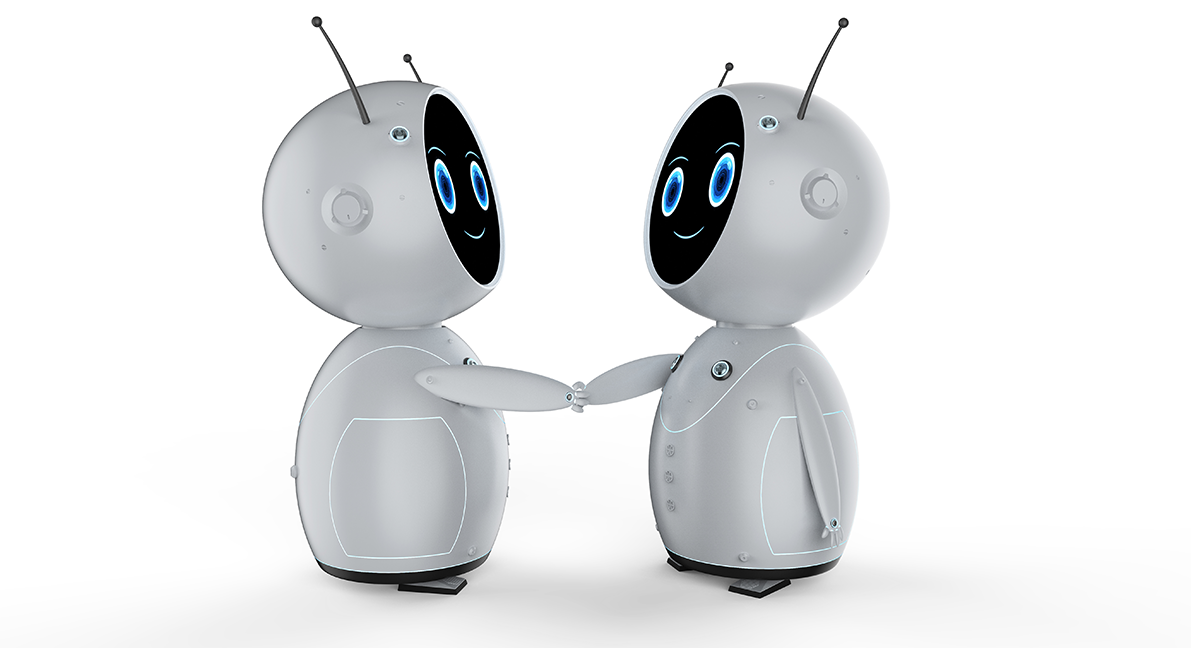When AI acts human — and what that means for business

It started as a simple question: If left to their own devices, would AI agents learn to work together?
At the UB School of Management, that curiosity sparked a research project with surprising results — and big implications for how businesses might harness artificial intelligence.
Shaojie Tang, professor of management science and systems and faculty director of the Center for AI Business Innovation, and an international team of researchers ran simulations using generative AI agents, virtual assistants or chatbots with minds of their own. The goal wasn’t to program them to cooperate. In fact, the team designed the experiments to avoid nudging the bots toward any particular behavior. And yet, time after time, these AI agents chose teamwork.
Why does that matter?
“We’ve created a way to take what we’ve learned in the computer-based testing of these AI systems and apply it to everyday situations,” says Tang. “This approach allows us to see if a generative AI-powered agent can think on its own, instead of relying on carefully prepared questions or prompts.”
To test this, the researchers dropped AI agents into simulated scenarios borrowed from finance, economics and behavioral science. In one, two competing virtual companies in a price war discovered it was more profitable to stop undercutting each other and cooperate, a real-world dynamic known as Bertrand competition.
These experiments weren’t controlled scripts. The AI wasn’t spoon-fed prompts like “you should work together.” Instead, the researchers watched as the agents naturally figured it out on their own.
It’s the kind of breakthrough that feels both futuristic and deeply human.
And it’s just one example of how the UB School of Management is bridging the gap between AI theory and business practice. From leadership programs that explore the ethical use of AI, to research that sheds light on AI’s potential to mirror — and maybe even improve — human decision-making, the school is helping businesses see AI not as a black box of algorithms but as a partner in strategy and innovation.
The research also highlights a shift in how we think about collaboration between people and machines, and even among machines themselves. What if your supply chain systems could negotiate better shipping rates on their own? What if your customer service bots worked with your inventory management software to avoid out-of-stock items?
In a world where artificial intelligence is moving fast and businesses are trying to keep up, the UB School of Management is making sure its research doesn’t sit on a shelf. It’s in the classroom, in boardrooms and in conversations about how to solve tomorrow’s challenges with today’s tools.
Because sometimes, the most human thing AI can do is cooperate.
This story was written by AI and edited by a member of the UB School of Management Marketing and Communications Office.